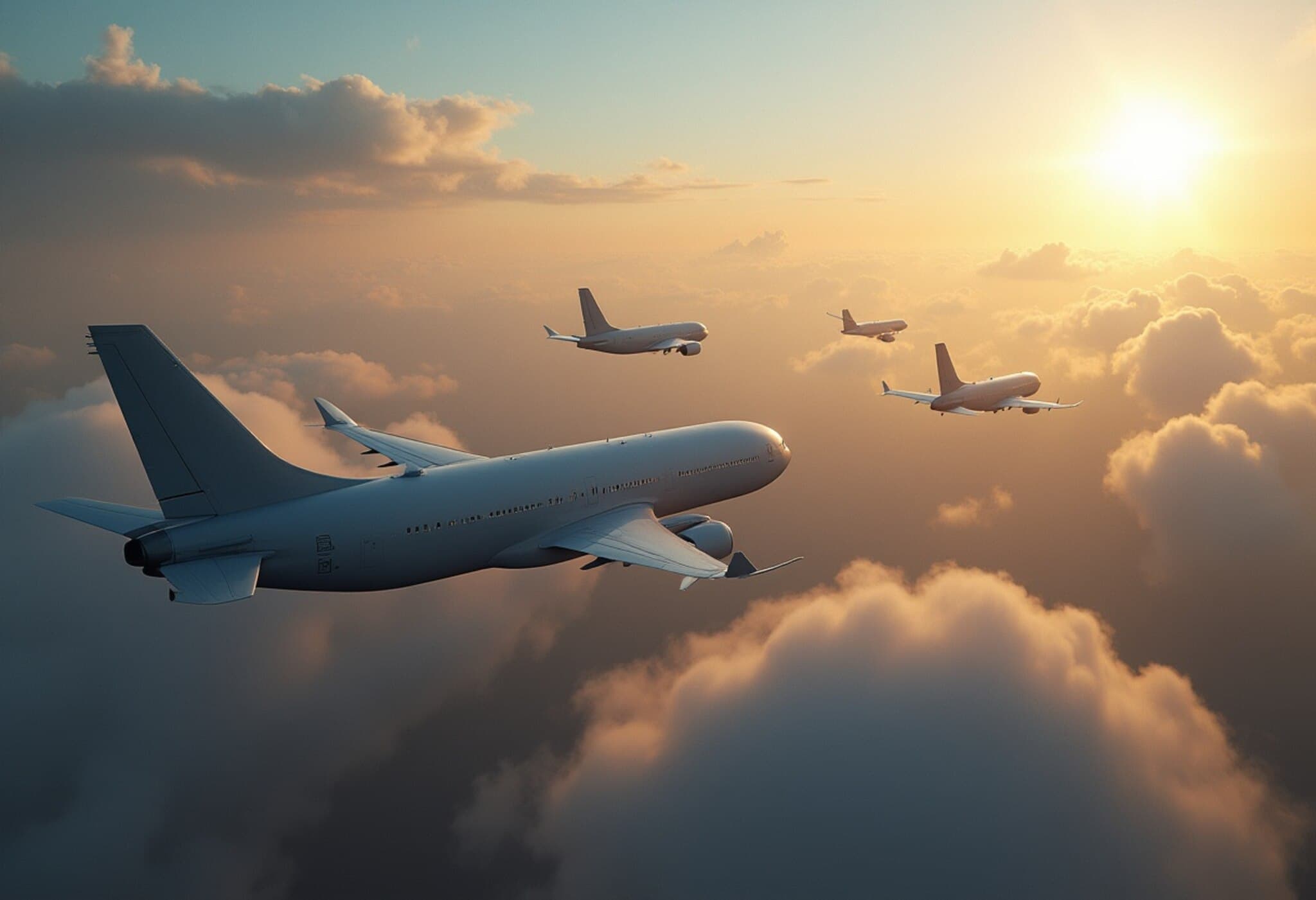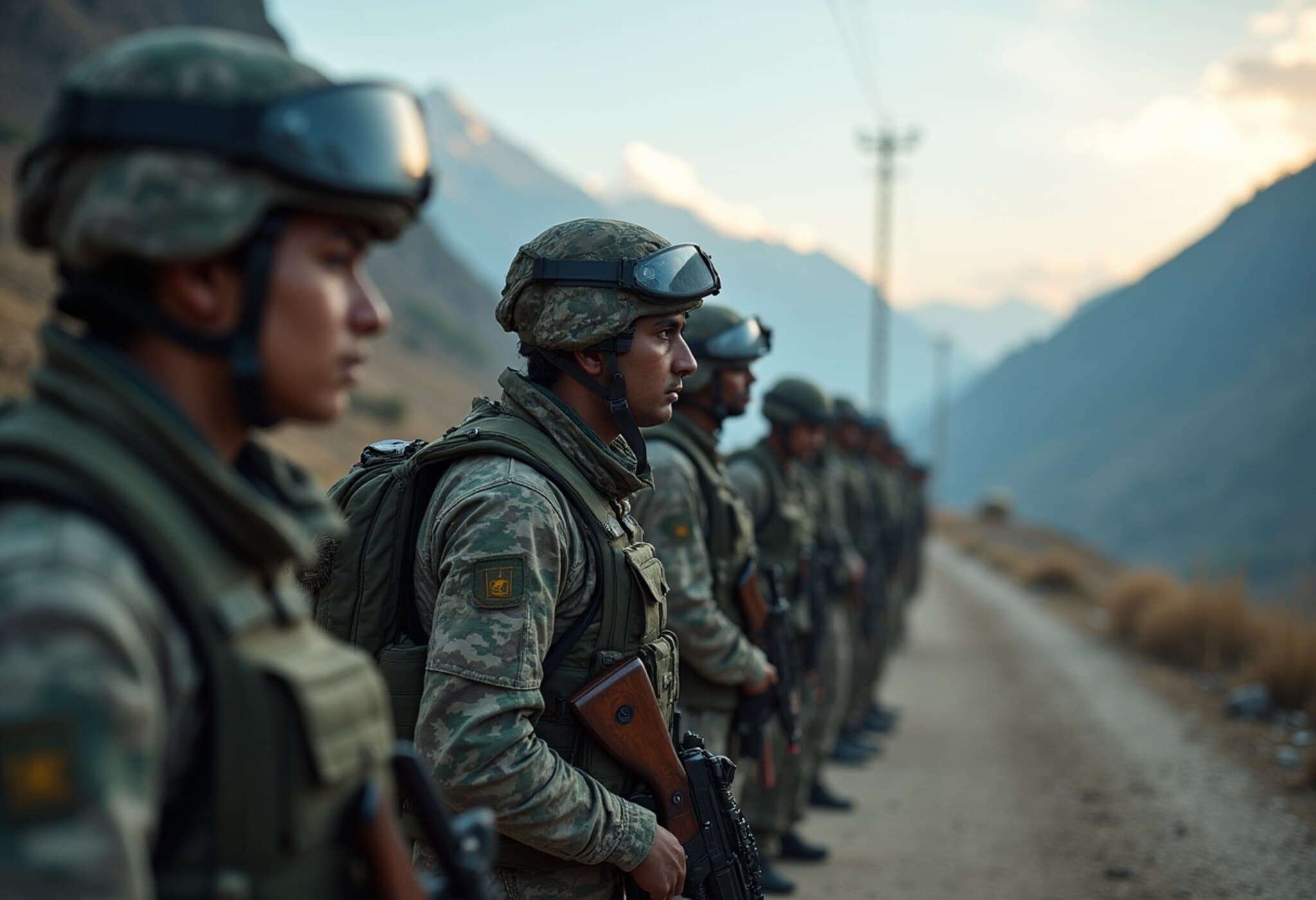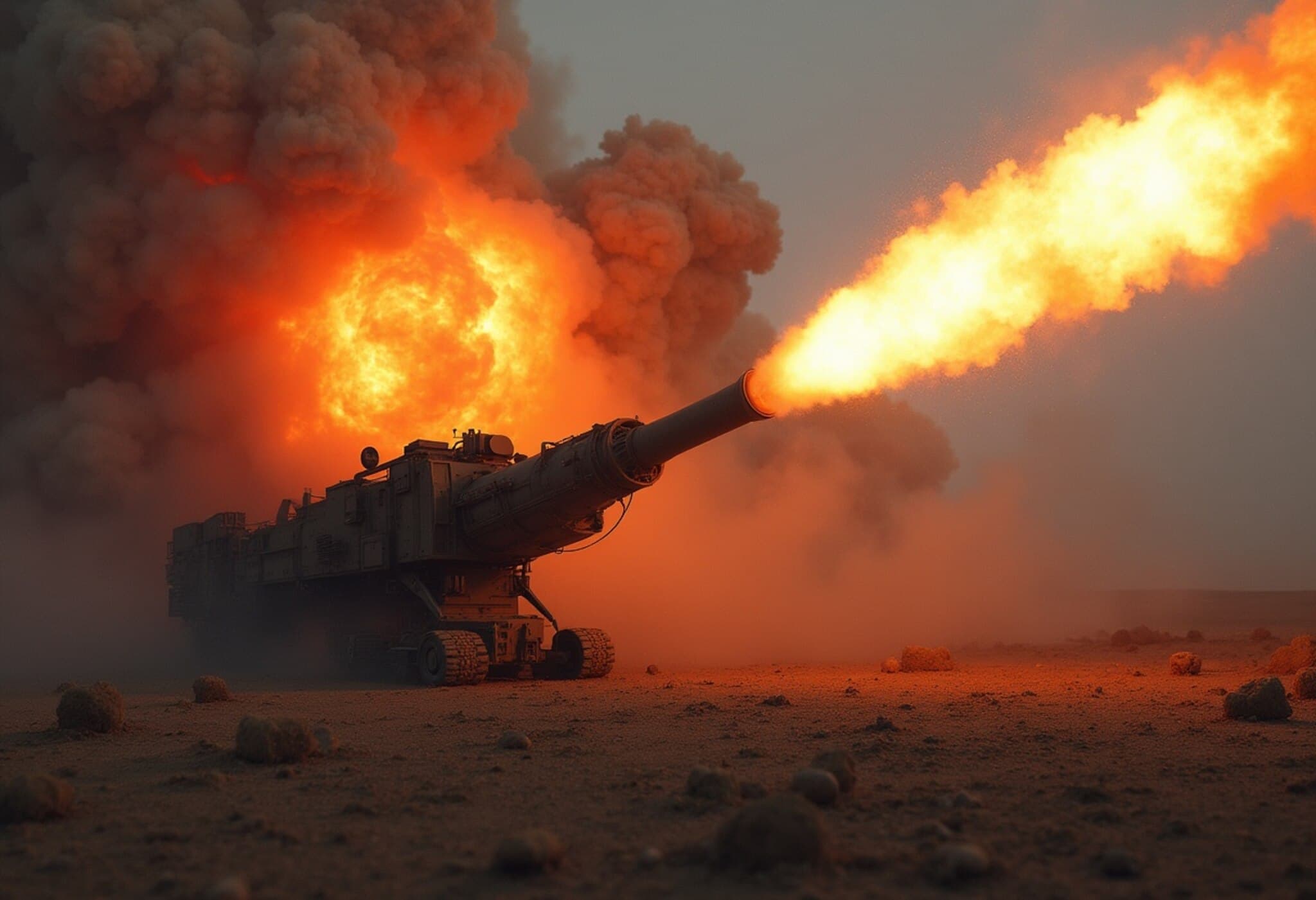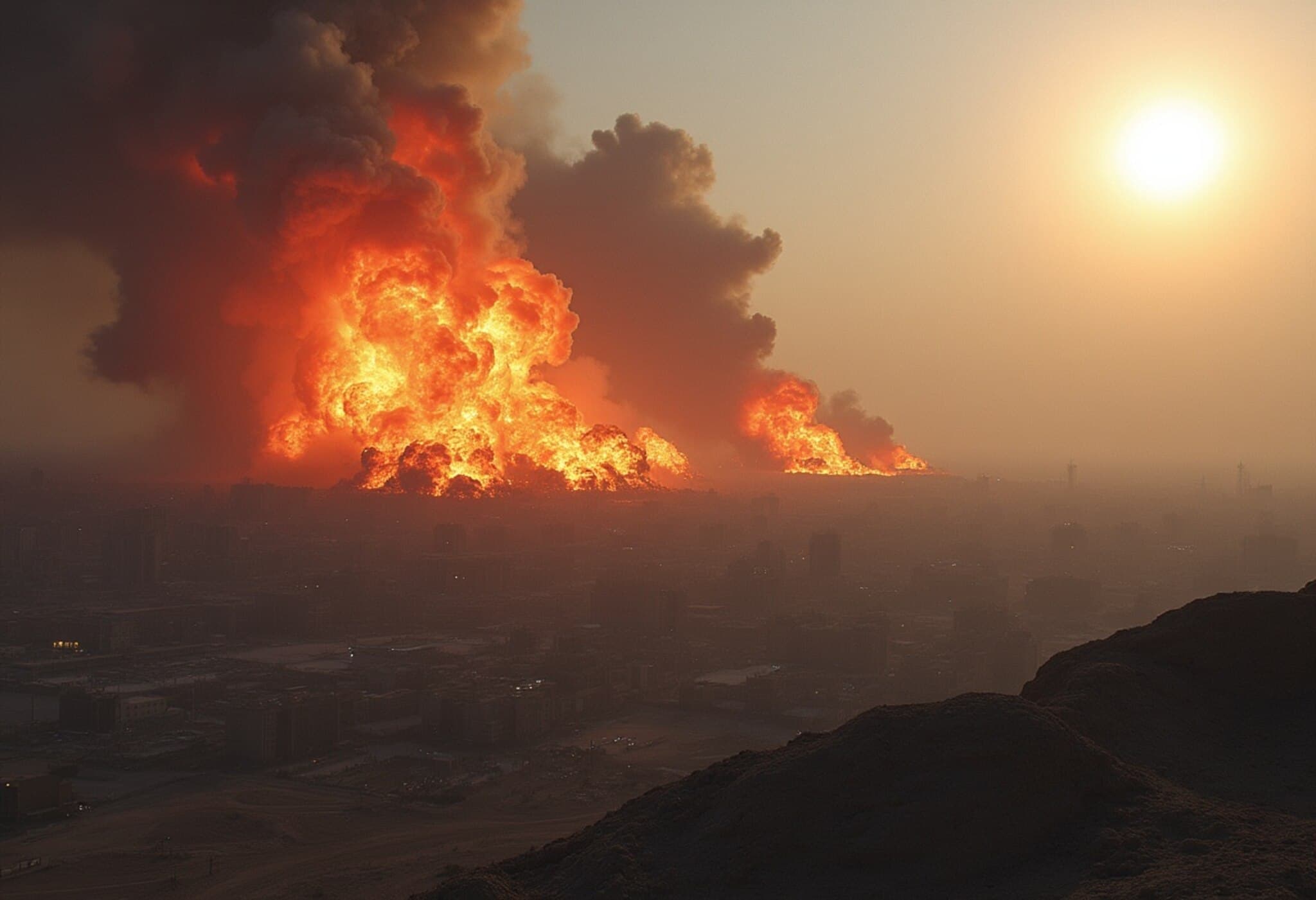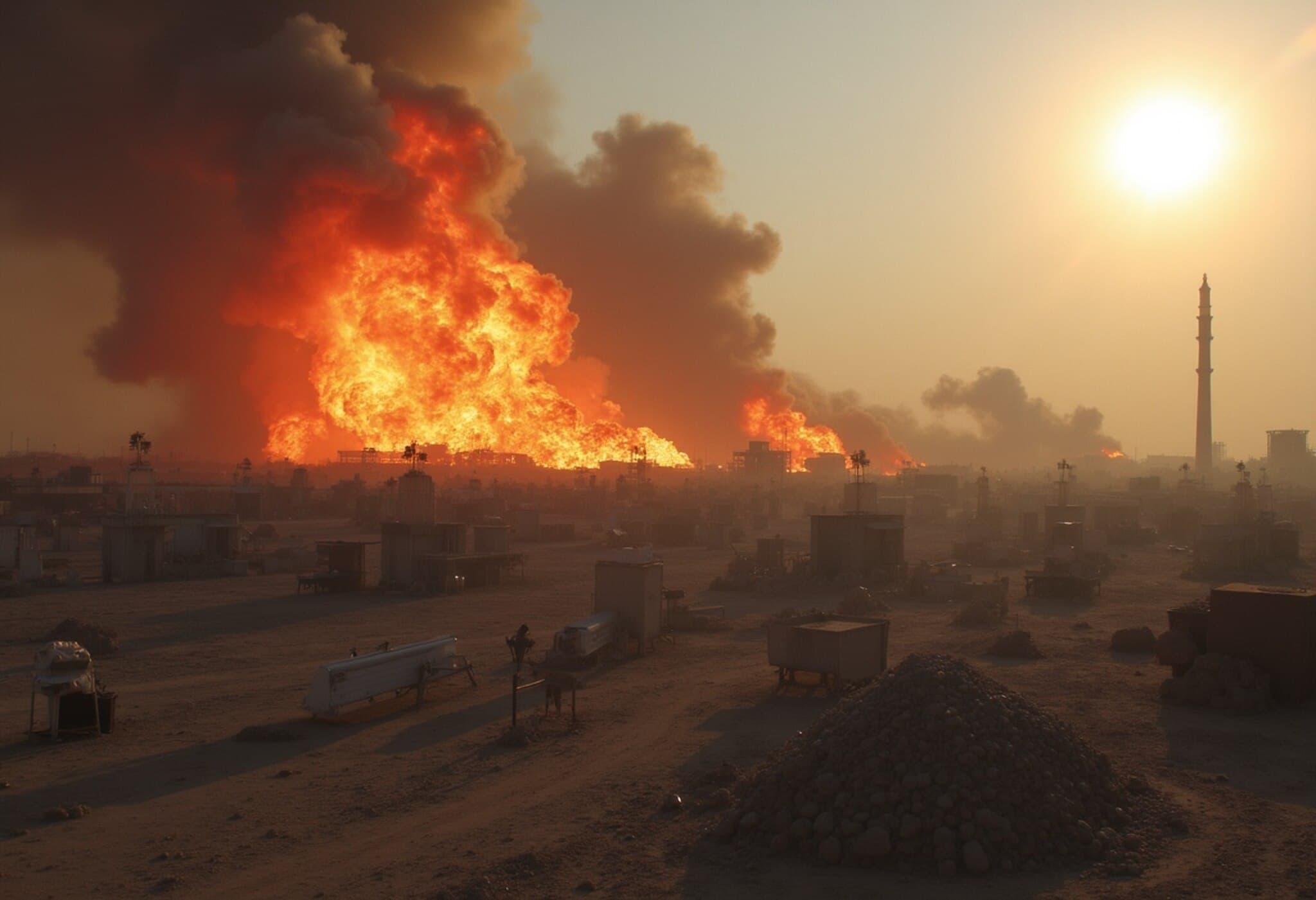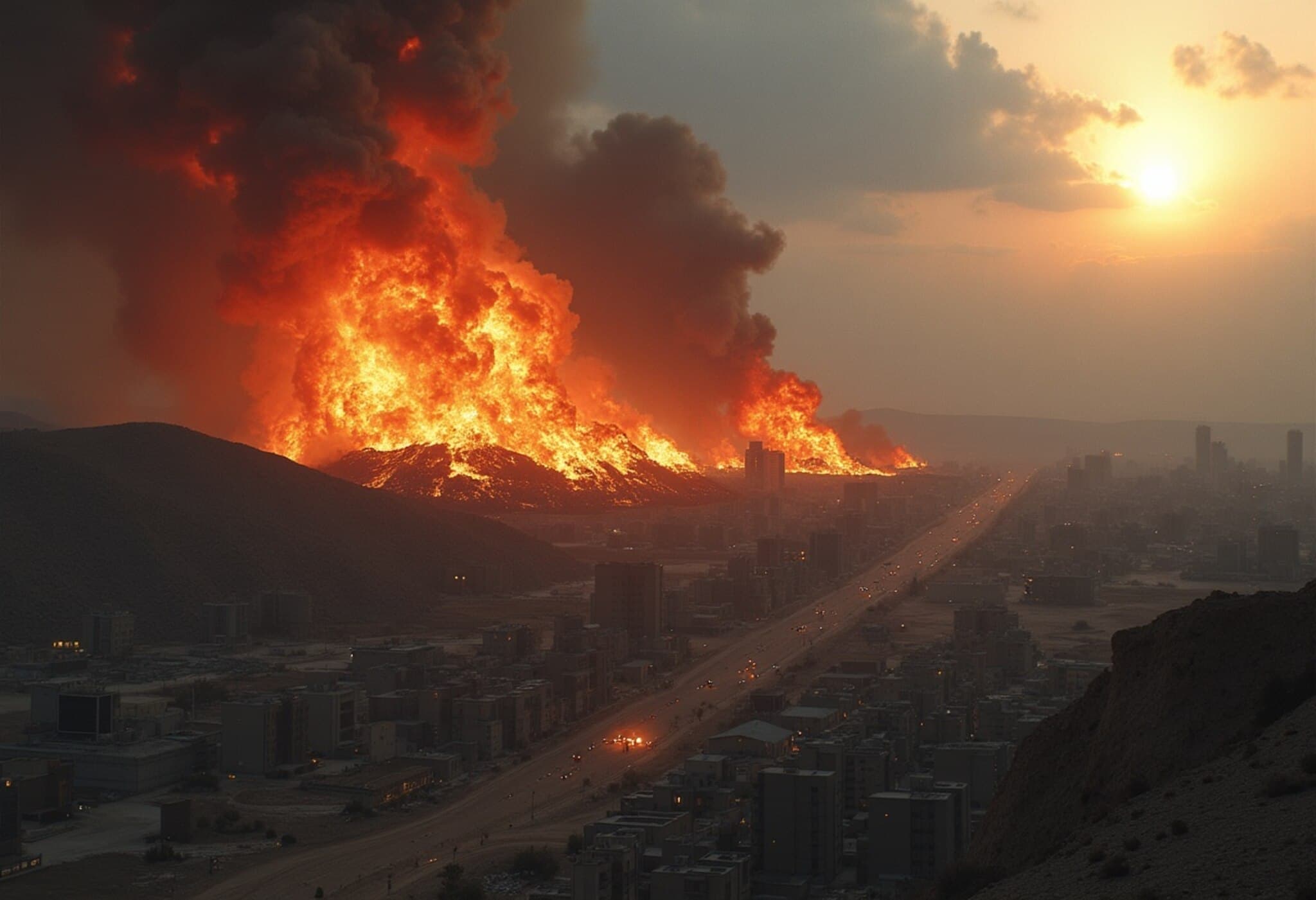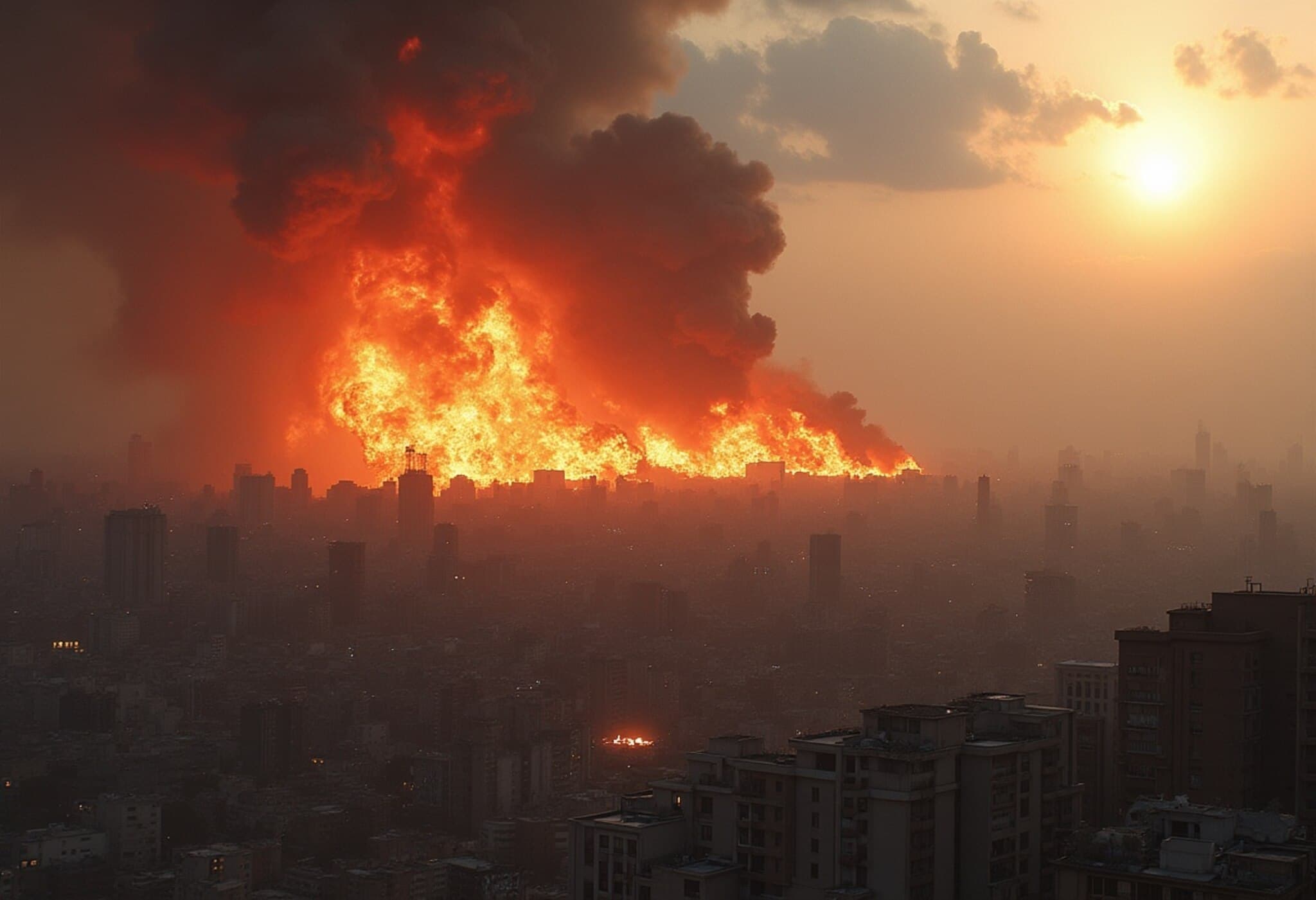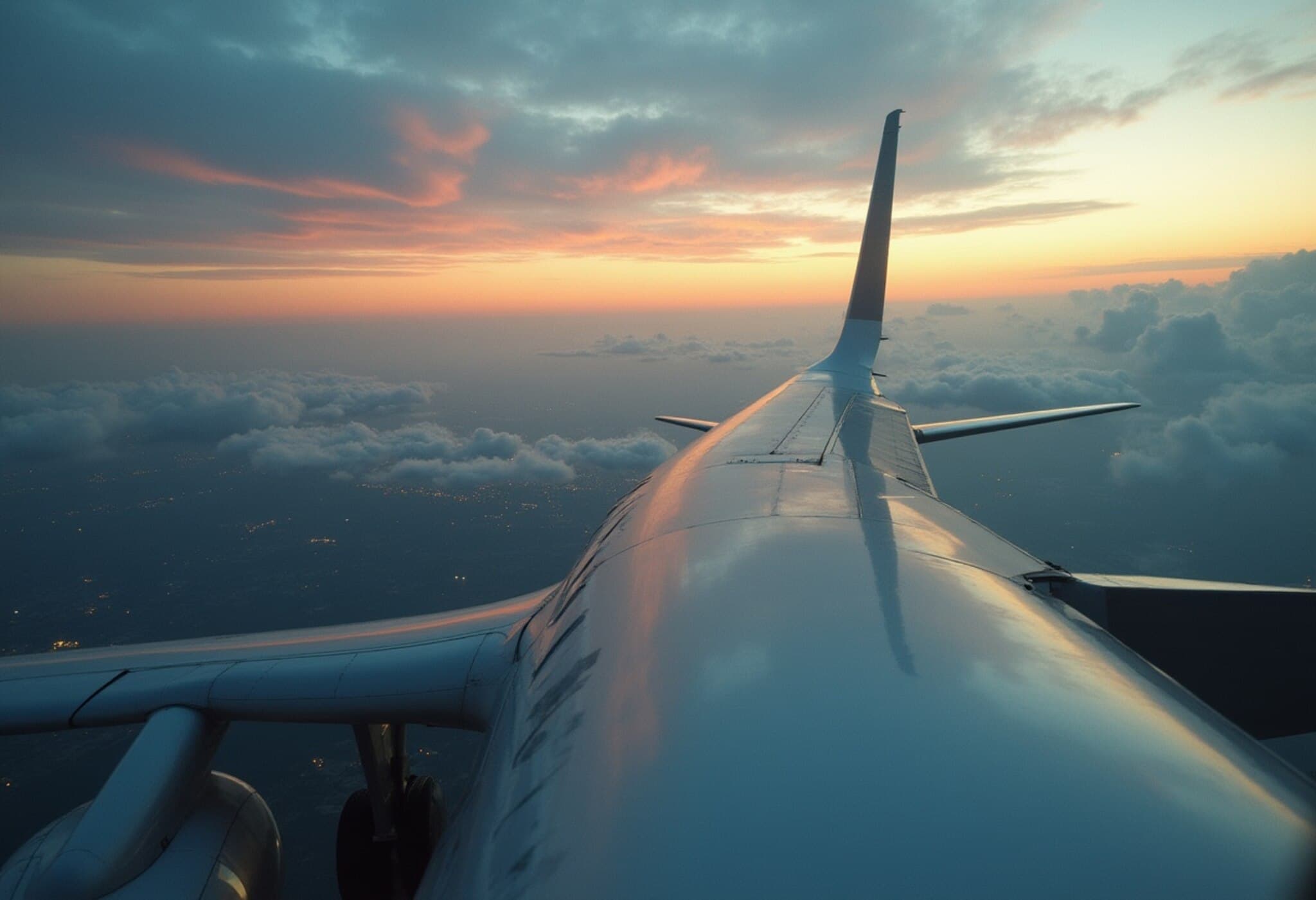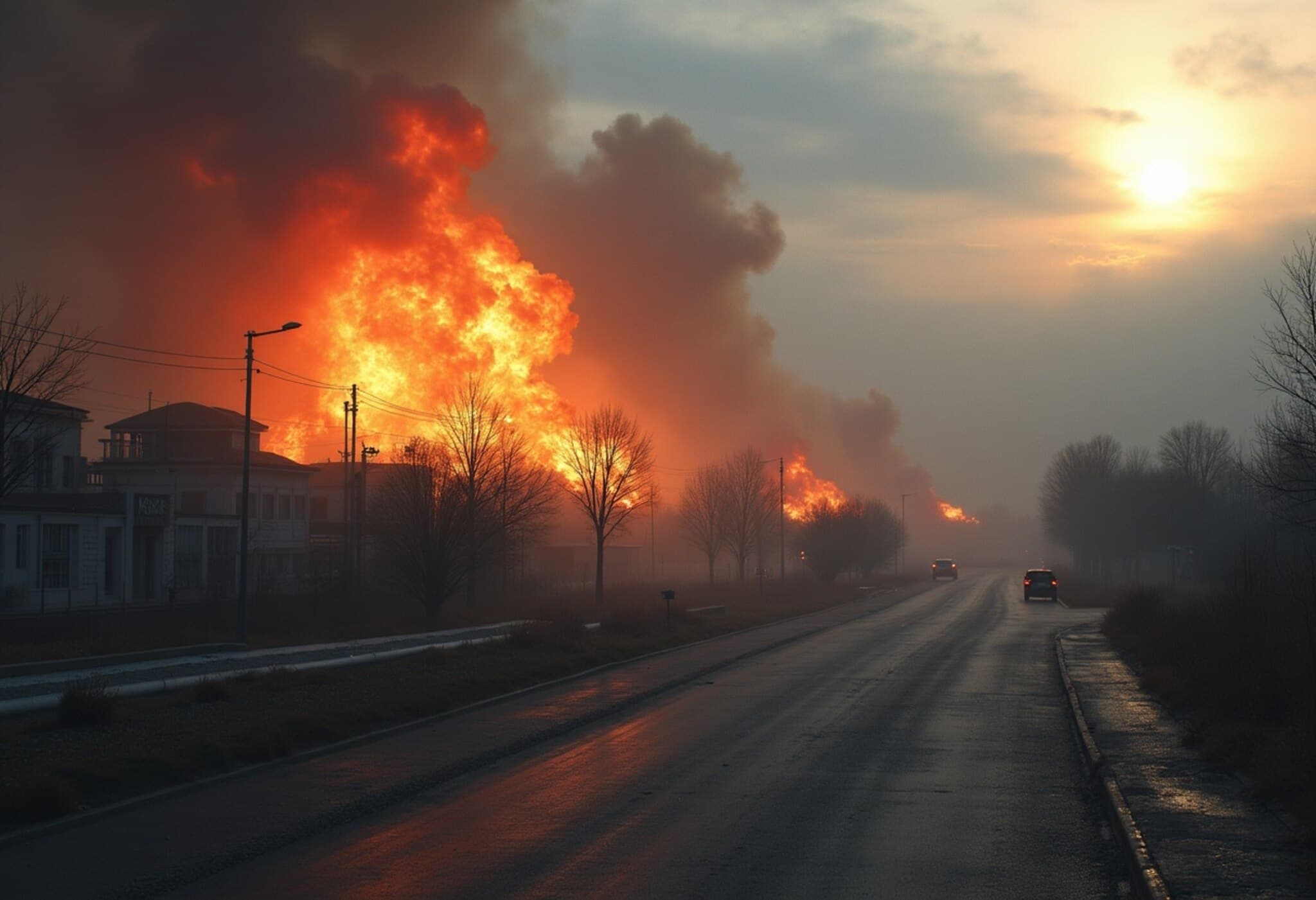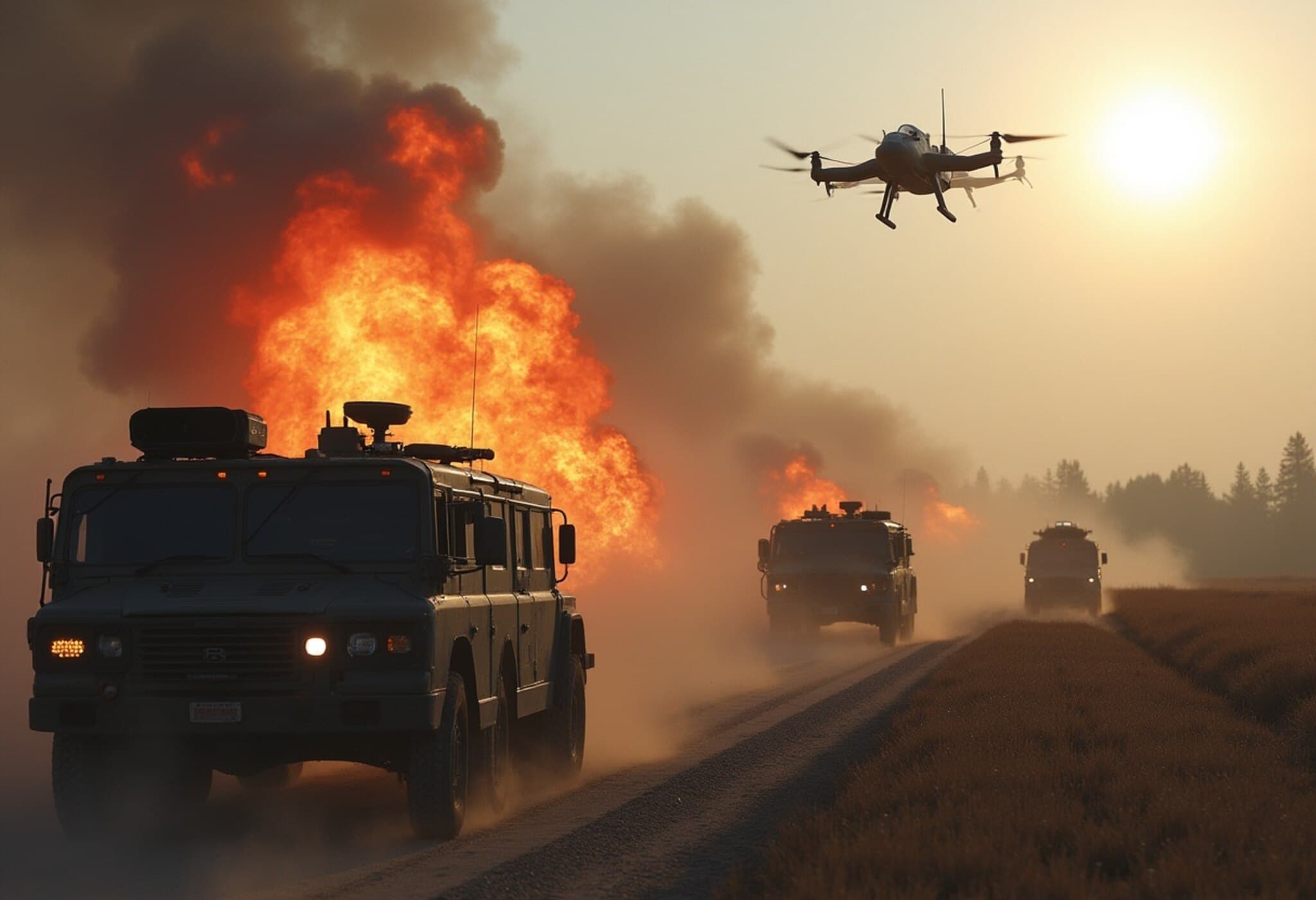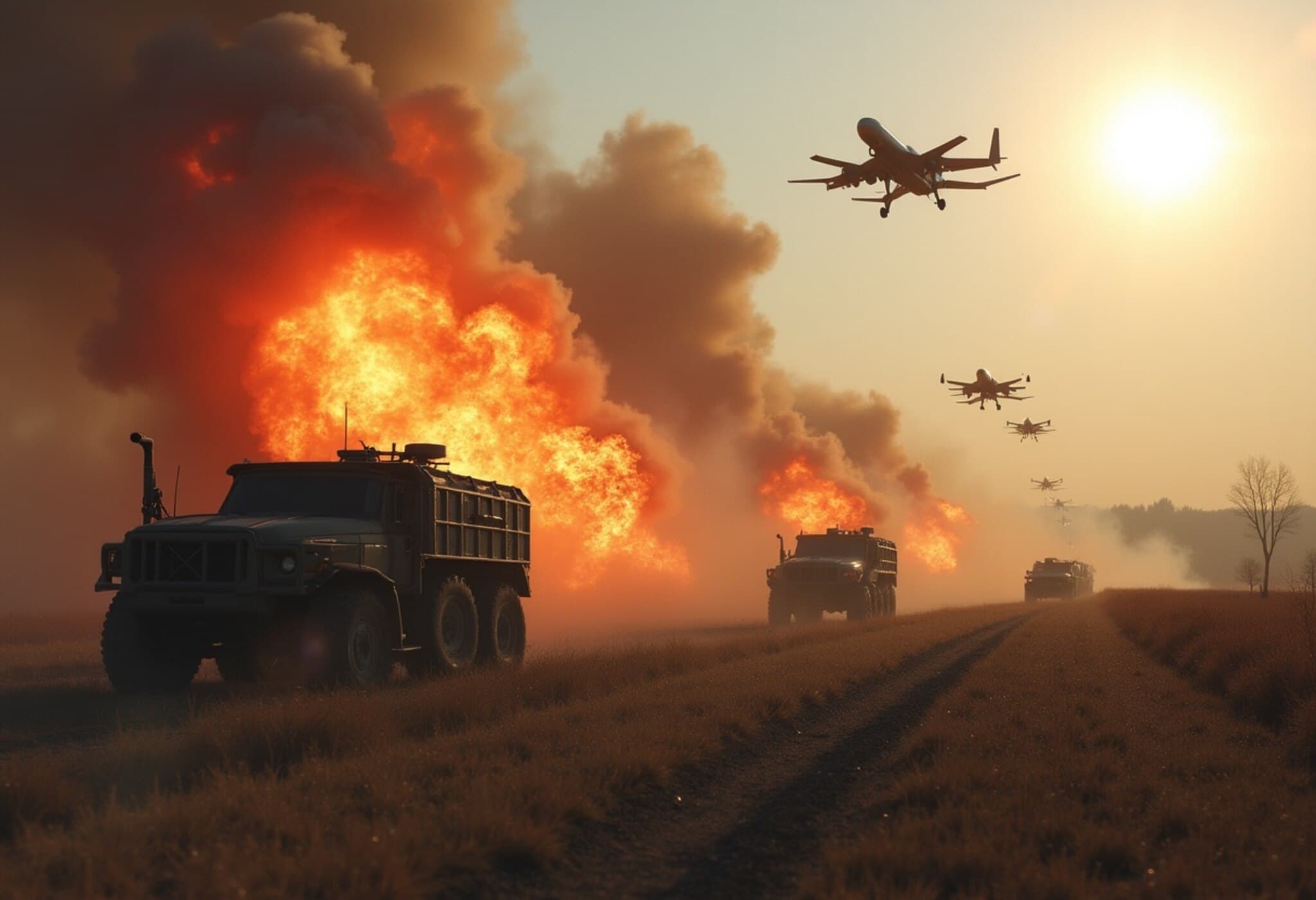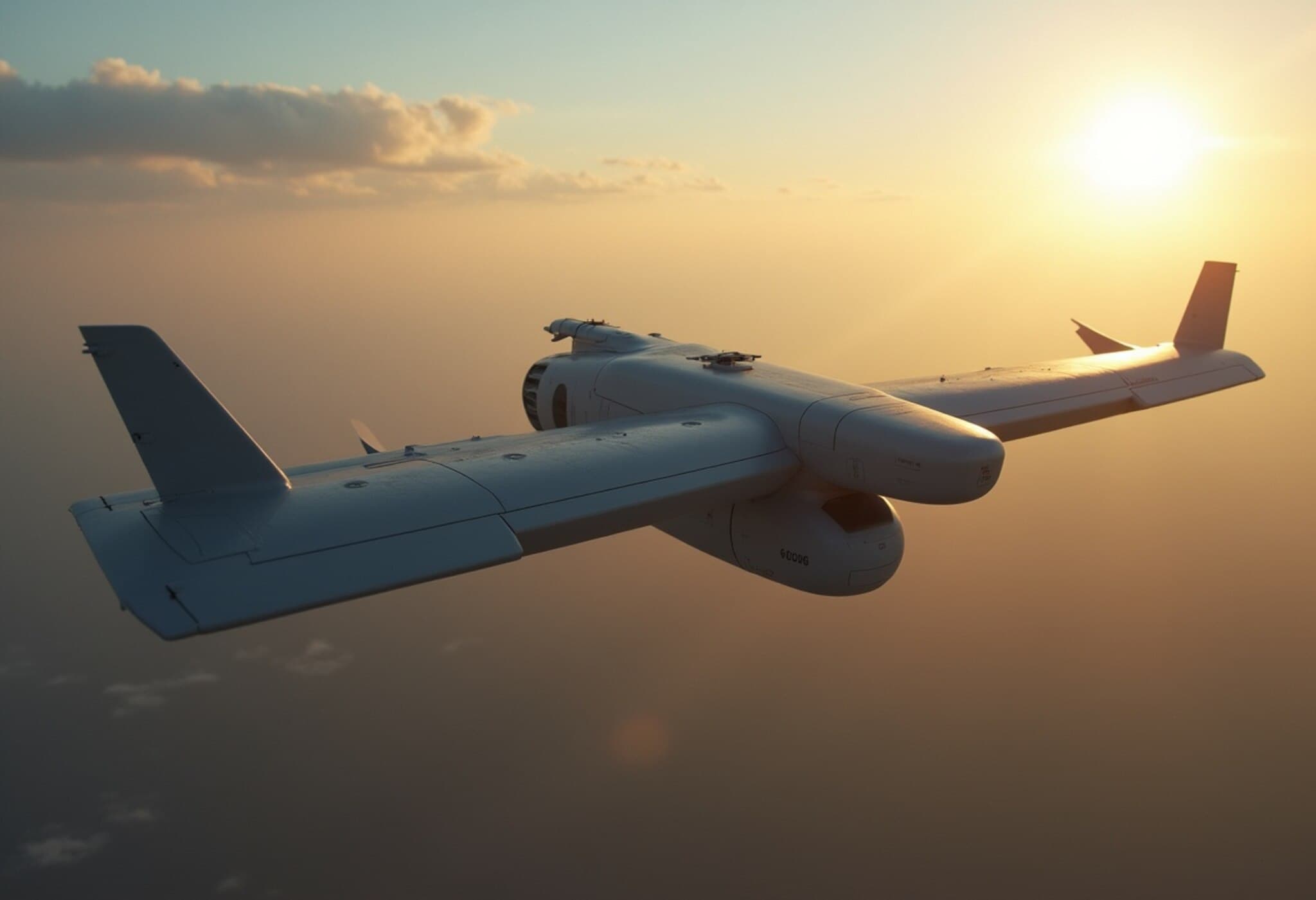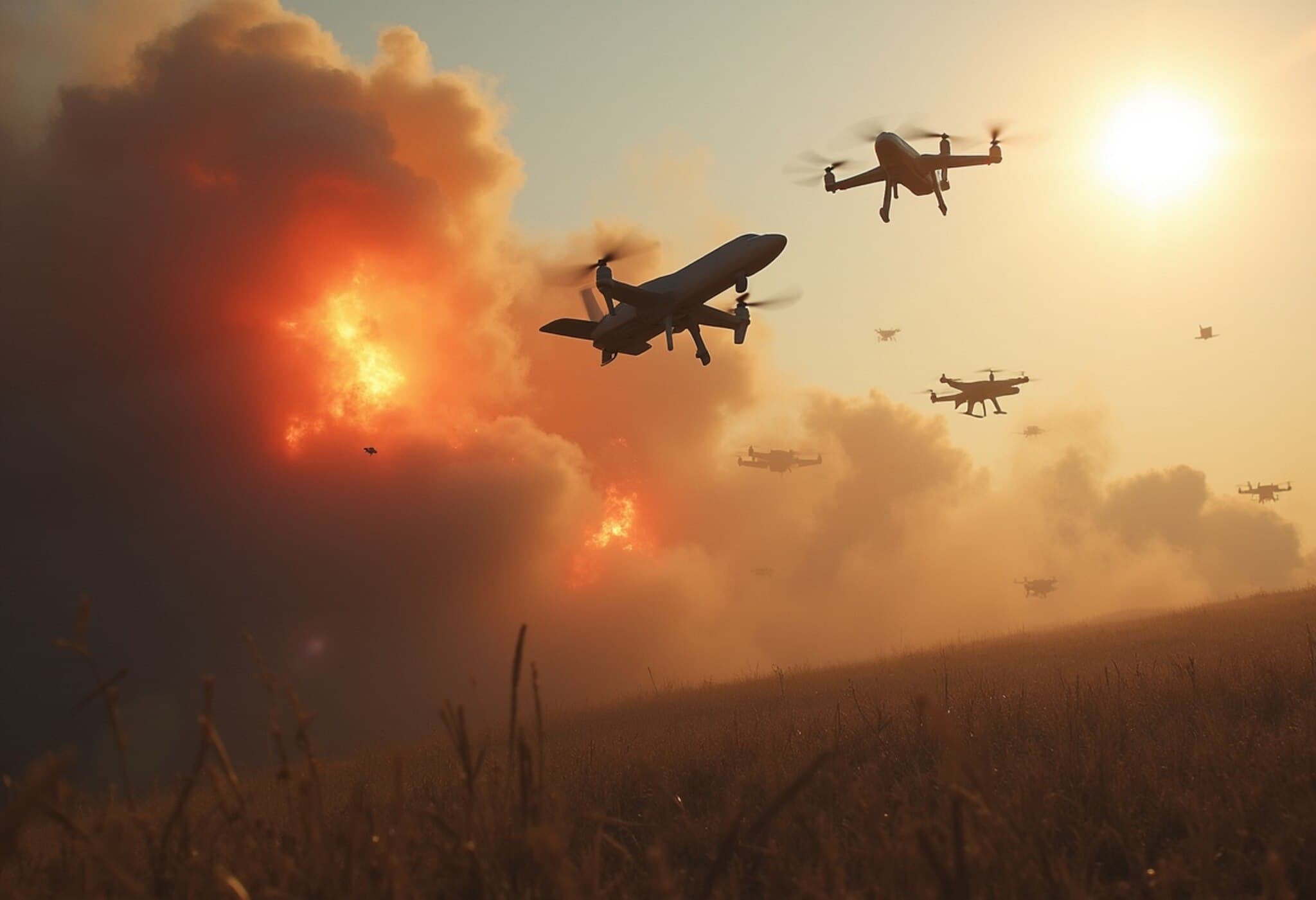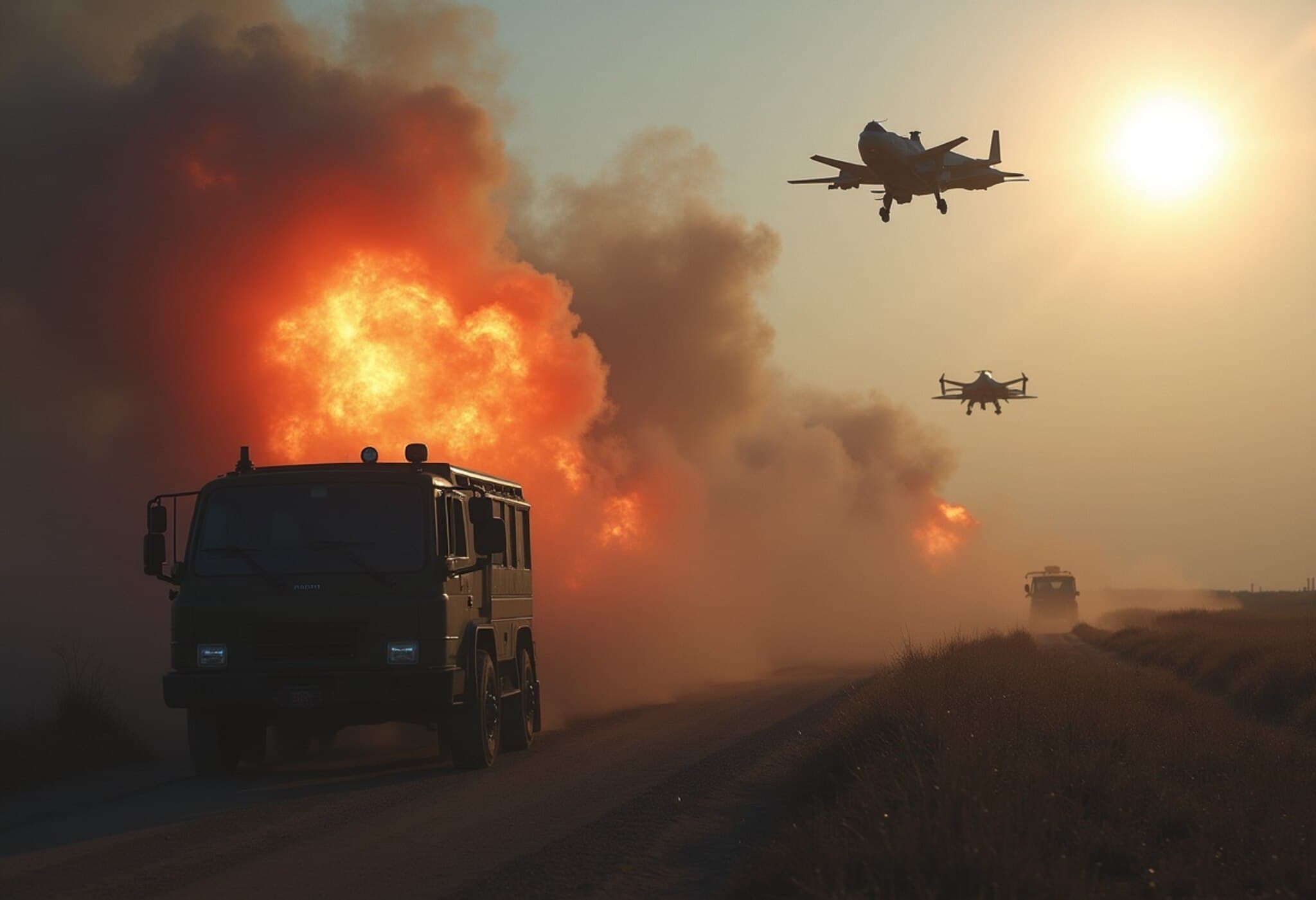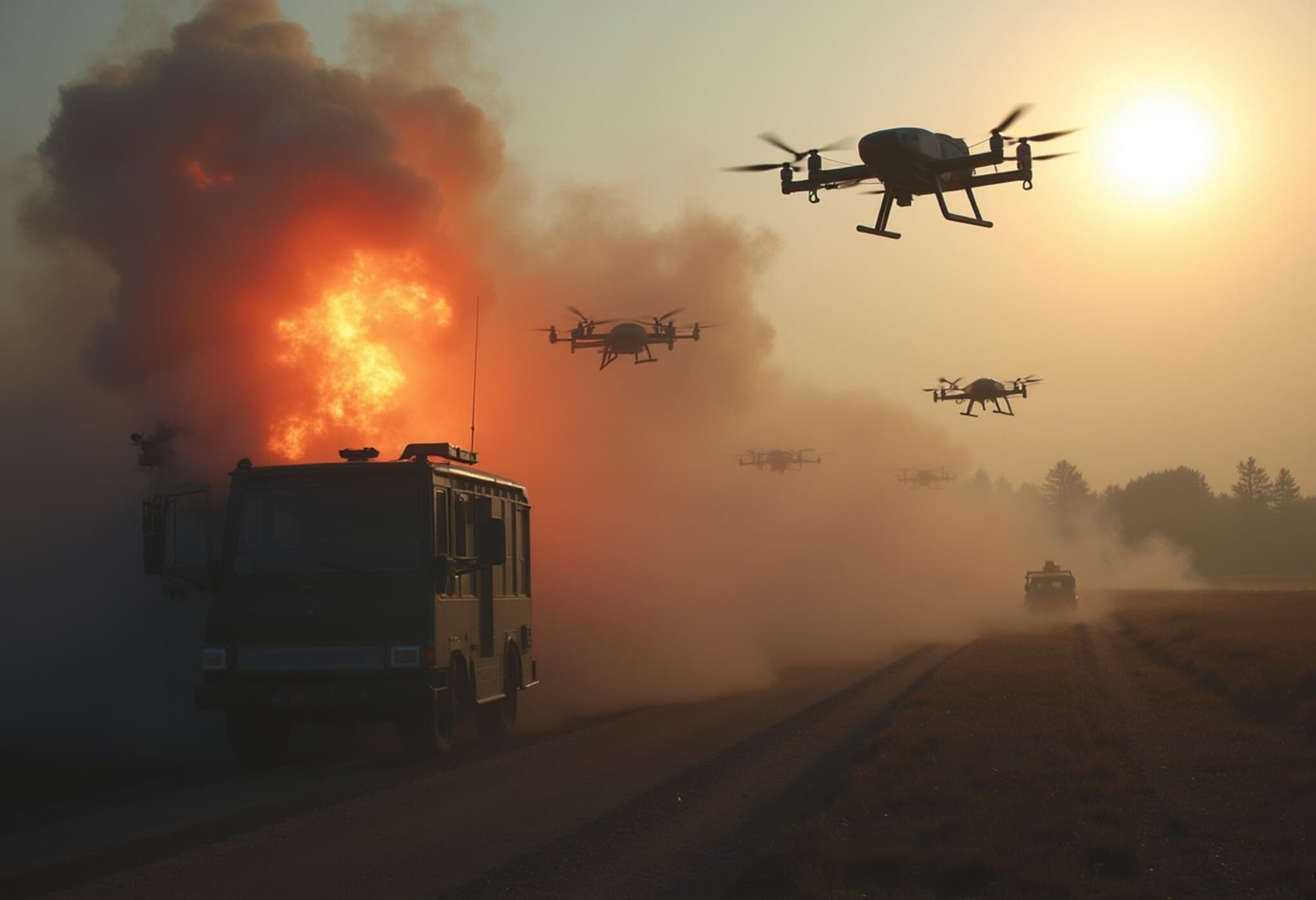Russian Air Defenses Intercept Multiple Drones Near Moscow
On July 19, 2025, Russian air defense systems successfully intercepted and destroyed three drones targeting Moscow, according to the city’s mayor Sergei Sobyanin's Telegram announcement. These events sparked temporary suspension of flights at two major Moscow airports, Vnukovo and Domodedovo, as authorities prioritized the safety of civilian air traffic.
Flight Operations Disrupted Due to Security Concerns
The Russian aviation watchdog, Rosaviatsia, confirmed that both Vnukovo and Domodedovo airports suspended arrivals and departures temporarily but later resumed normal operations once the immediate threat was mitigated. This precaution reflects an acute awareness of potential risks these unmanned aerial threats pose to one of the busiest airspaces in Russia.
Scale of Drone Activity Across Several Regions
The Russian Defence Ministry provided further details indicating a broader spectrum of drone interceptions throughout the afternoon hours:
- 27 Ukrainian drones intercepted from 3 p.m. to 7 p.m. Moscow time (1200-1600 GMT)
- 4 drones downed over Moscow region
- 15 drones shot down over Bryansk region
- 6 drones intercepted over Kaluga region
- 2 drones destroyed over Tula region
This coordinated drone activity underscores the ongoing intensity of conflict in the region, reflecting both tactical maneuvering and the heightened threat to metropolitan security.
Contextual Insights: The Evolving Drone Threat in Urban Warfare
The use of drones in conflicts marks a significant shift in modern warfare, allowing hostile forces to target critical infrastructure and create psychological pressure on civilian populations without deploying traditional forces. The incident in Moscow is a stark reminder of how urban centers are increasingly vulnerable to aerial threats, prompting governments to bolster air defense networks and adapt their security protocols.
From a policy perspective, these events raise important questions about aviation safety, cross-border drone regulation, and civilian protection during conflicts. For the US and allied nations, observing these developments highlights the urgent need to invest in counter-drone technologies and rethink international frameworks to prevent drone intrusions over critical airspace.
What Lies Ahead?
As drone warfare continues to evolve, the implications extend beyond immediate military engagements, affecting global aviation, economic activity, and civilian life. Moscow’s quick response in shutting down airports temporarily likely mitigated risk, but the persistent threat challenges existing air traffic control paradigms and international security cooperation.
Conclusion
The rapid interception of numerous drones over Moscow and neighboring regions signals an escalated conflict phase, with direct consequences for civil aviation and urban safety. This event serves as a call to action for policymakers, industry leaders, and security experts worldwide to prioritize robust defenses against drone incursions, especially in densely populated and strategically important areas.
Editor's Note
The drone interceptions over Moscow highlight an emerging front in modern warfare where civilian infrastructure faces unconventional threats. How will global aviation authorities and governments balance the need for open skies with heightened security measures? Readers are encouraged to consider how drone technology's rapid proliferation demands new international norms and defensive innovation. Staying informed and critical about these developments empowers us to better understand the evolving nature of contemporary conflicts and their ripple effects on everyday life.

